knew a girl in high school who was studying piano with a “top” teacher, who required her to practice 5 hours every day. In reality, not very many people actually knew this girl very well, we only knew of her, because she was not involved in school activities. She was home practicing piano.
There can be a lot of value in sacrificing for something important, but the question is, is it actually helpful to practice 5 hours a day? Most adult attention spans are actually only about 20 minutes. After that, your mind wanders and your piano practicing turns into mindless repetition, which can sometimes cause you to reinforce, over and over, poor practice, resulting in less desired performance. And what is the cost?

In his article, “Why Practicing Too Much Could Actually Increase Errors” Noa Kagyama, Ph.D. explains that too much practice can actually lead to worse performance. It totally makes sense! When a child, or an adult for that matter, is forced to practice longer than their brain can actually pay attention, the result might easily be that they’re mindlessly reinforcing mistakes. Then there’s the fact that the fun has been hijacked, and anyone would resist doing this again, especially a baby, toddler, or preschooler.

Have you ever watched a baby learn something new? Babies are relentless when they’re trying to learn how to climb, or crawl, or roll over, or when they discover that they can make a new sound. They work and work at it. Then they sleep, look around, do other things… and then they come back to the thing they were working on. I once watched my grandson go from scooting to army crawling to standing in a matter of days. He did it until he couldn’t, and fell asleep. As soon as he woke up, he was at it again, until the skills were mastered. Babies automatically utilize intermittent practice, or practicing in spurts, and then resting. We could learn a lot, and skip all the research (just kidding, I love research) just by watching how babies do things. They’re the most effective learners on the planet!
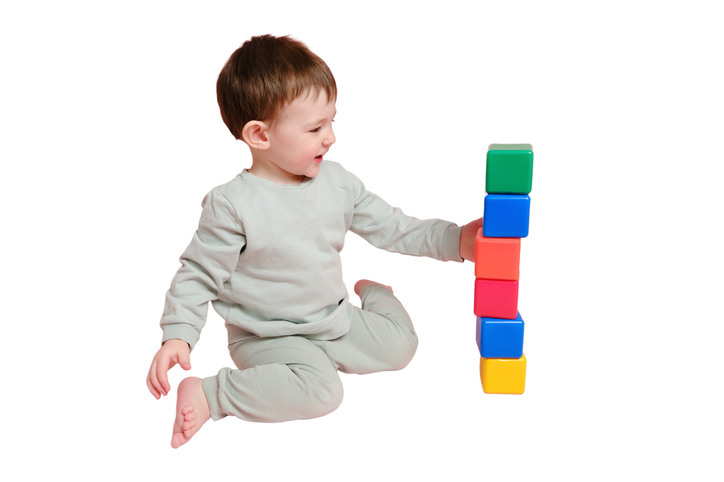
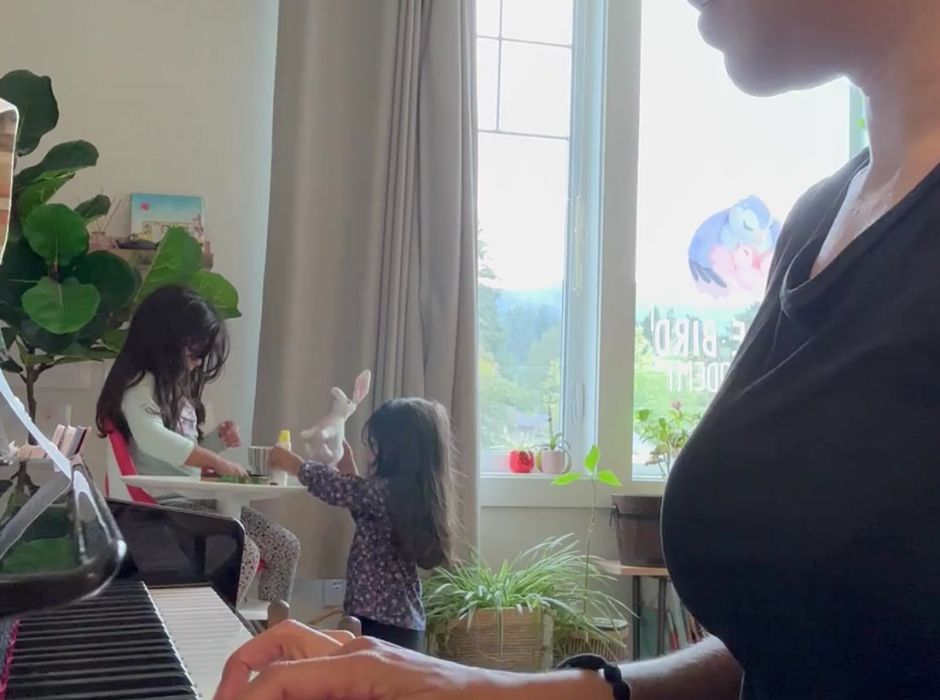
Once you’ve got the hang of how your baby’s learning cycle seems to work, if there’s something you want your baby to learn, do it in front of them – from time to time. Do it for short periods of time, often, and then rest.
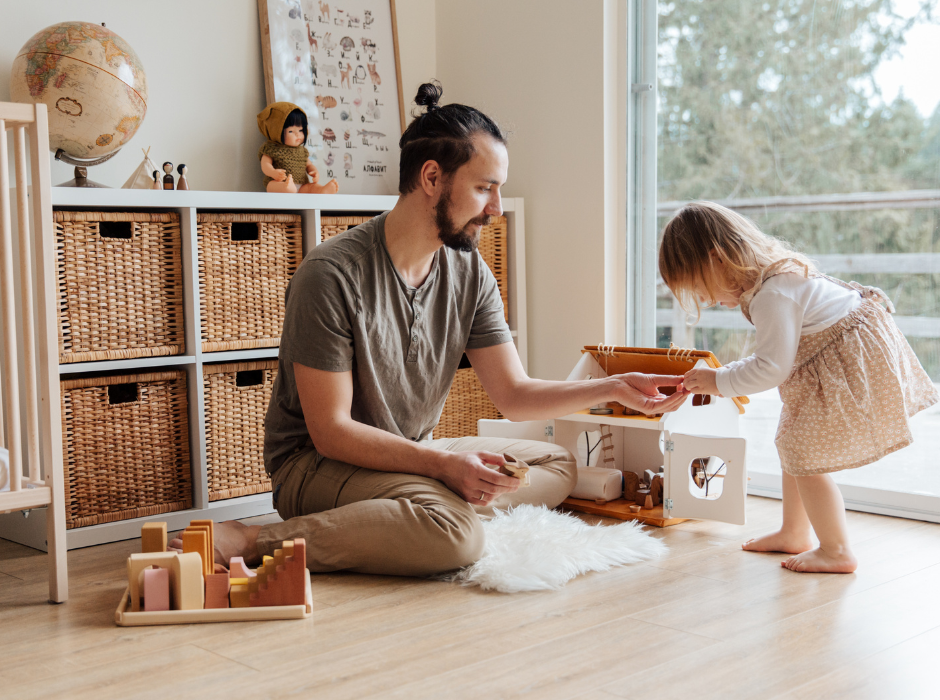
“Rest” can include
- Sleeping
- Playing hide and seek
- Having a snack
- Jumping up and down
- Rolling around on the floor
Basically, anything that’s fun for you and your child to engage in together, that ISN’T strictly educational or directed by you. It might also include letting your child have some space while you make dinner or allowing them to have free play by themselves.
Come back to the activity later, in short, playful spurts. It might come as a surprise that you don’t have to make sure your baby’s watching you. Even though I’m recommending you learn to observe your baby’s cues, you can still add to the plethora of things your baby’s learning by doing things around them that you want them to do, or like, or become interested in.
If you’re doing something often around your baby, and you’re not pressuring them to watch or learn or demonstrate their knowledge (these are fun sucking behaviors parents sometimes try to use) your baby is GOING TO NOTICE! A baby’s natural curiosity is going to kick in, and they’re going to notice what you’re doing. They likely won’t be able to demonstrate that knowledge for a very long time, so spare yourself and your baby the frustration of trying to test them. It’s very important to remember that your baby will demonstrate these things when they’re ready. A baby or toddler automatically knows what they’re ready to show you. And they WANT to show you what they can do, as soon as they are ABLE, because your baby wants to be just like you! Babies want nothing more than to fit into your shoes! They’ll do it when they can and not before. In the meantime, be kind to yourself and your baby, and just enjoy the moments!

Another fun surprise is that YOU will benefit from these short, intermittent bursts of practice more than you think you will! Your baby will love watching you grow, and will learn from you, to have a growth mindset!
Have SO MUCH FUN!




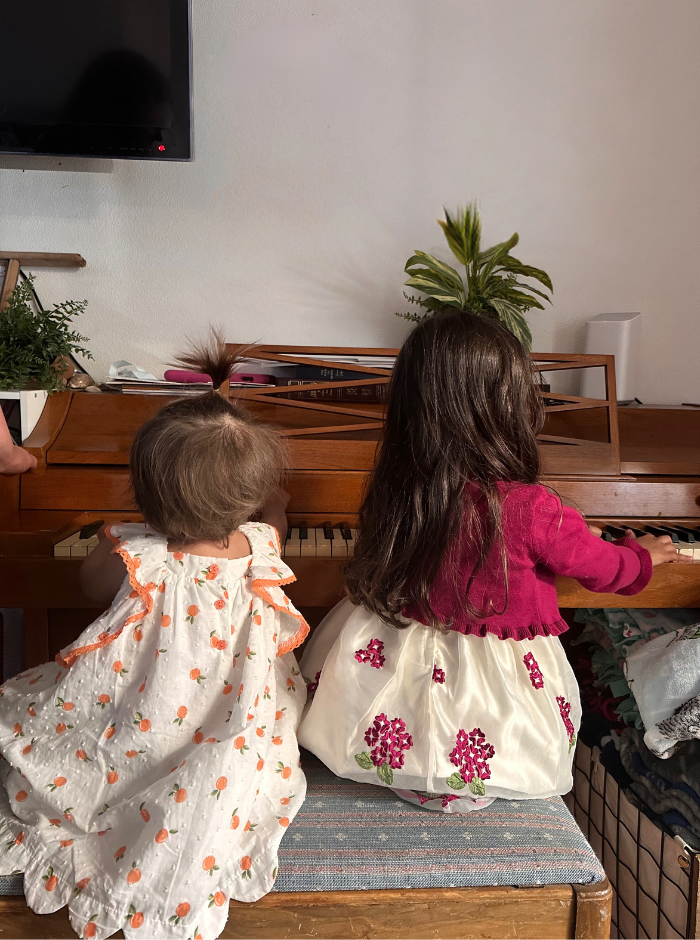

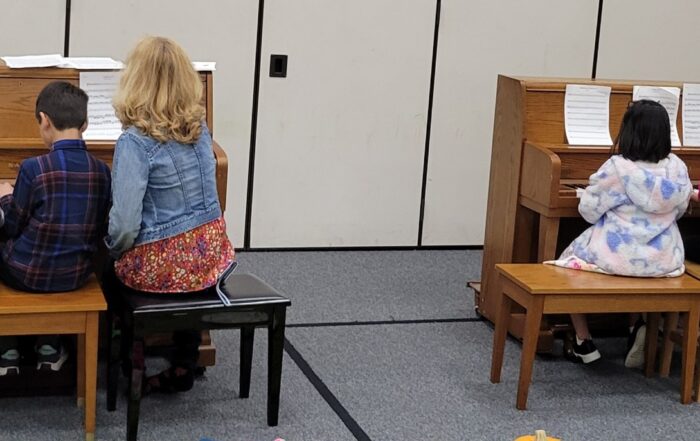
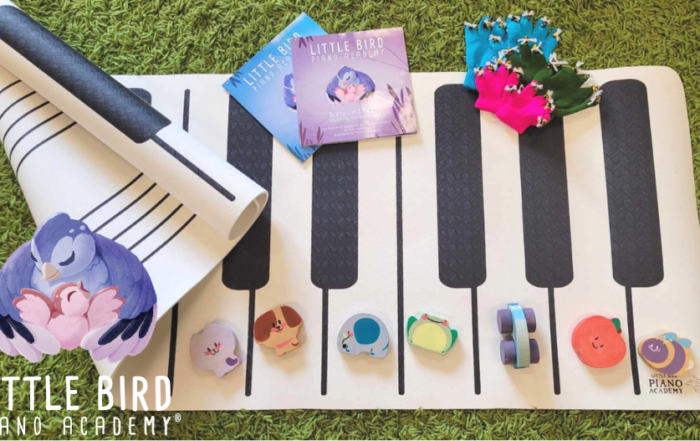
Leave A Comment